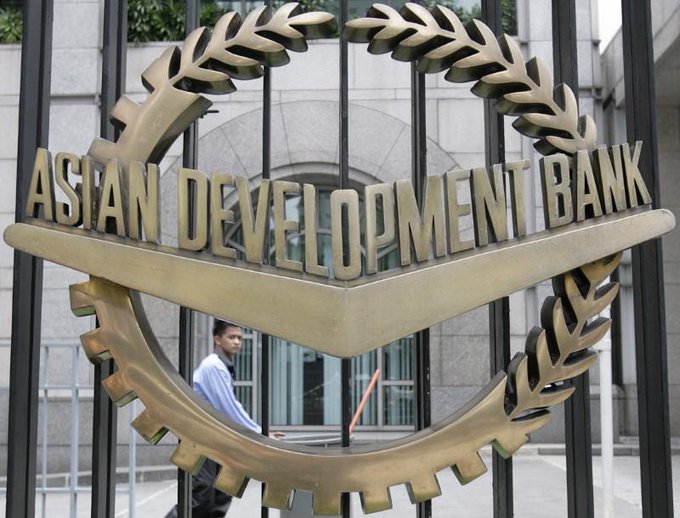ADB, Papua New Guinea Agree on Action Plan to Accelerate Project Implementation
PORT MORESBY — The Asian Development Bank (ADB) and the Government of Papua New Guinea (PNG) today agreed on a timebound action plan to accelerate the implementation and improve the performance of ADB-financed projects at the 2024 Country Portfolio Review Mission Roundtable Meeting.
Co-chaired by ADB Country Director for PNG Said Zaidansyah and the Department of National Planning and Monitoring Acting First Assistant Secretary Reichert Thanda and attended by government officials—including Department of Works and Highways Acting Secretary Gibson Holemba and Department of Treasury Deputy Secretary John Uware—project directors, and ADB staff, the hybrid meeting discussed the overall performance of the portfolio, reviewed projects, and delegated responsibilities with executing agencies and implementing agencies.
“As the biggest multilateral development partner of PNG, ADB will continue to support diversified, sustained, and inclusive growth in the country,” said Mr. Zaidansyah. “The development impact and effectiveness of ADB’s support depend on the quality of the portfolio performance and we will continue to collaborate with the government to improve the portfolio performance and build the capacity of the relevant government agencies.”
ADB’s active program in PNG includes 15 loans and 6 grants with 10 projects amounting to $1.38 billion. The largest sectors ADB is supporting are transport (roads and civil aviation)—comprising 60% of the total active portfolio—and energy (20%) in response to the large infrastructure gap in the country. The human and social development sector, building resilience to climate and supporting gender equity, are also integral parts of ADB’s active portfolio. ADB is also actively working on public sector management, including state-owned enterprise reform.
The action plan designed to improve the portfolio performance focuses on contract and project management, procurement, financial management, social and environmental safeguards, and gender equality. ADB and the government will closely monitor the progress of the agreed actions.
ADB is committed to achieving a prosperous, inclusive, resilient, and sustainable Asia and the Pacific, while sustaining its efforts to eradicate extreme poverty. Established in 1966, it is owned by 69 members—49 from the region.

